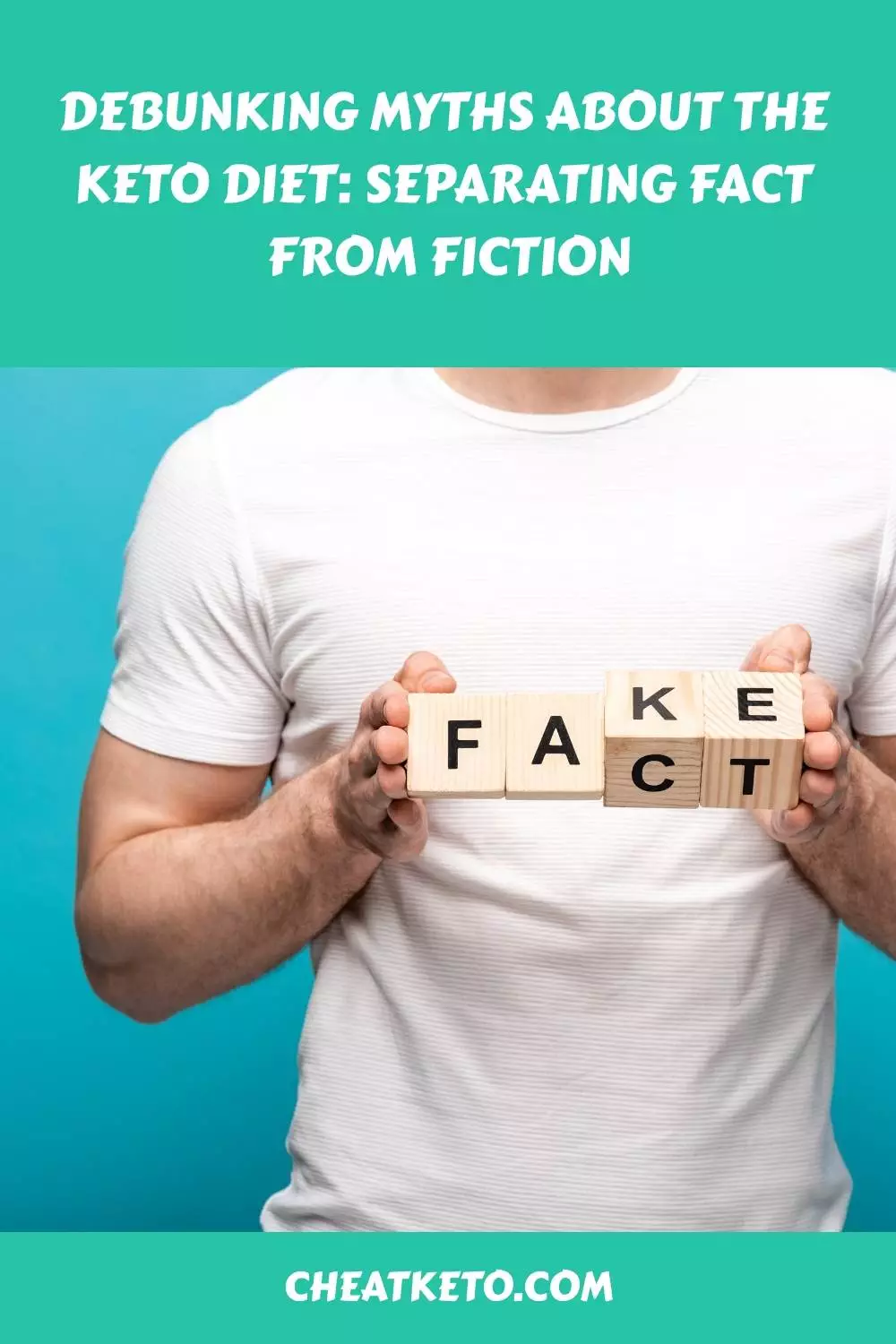
Debunking Myths About the Keto Diet: Separating Fact From Fiction
The ketogenic diet, or simply “keto” for short, has become increasingly popular in recent years. It’s a low-carb, high-fat diet that promises quick weight loss and improved health markers. However, like any trendy diet plan, there are many myths and misconceptions surrounding it. In this article, we will debunk some of these common myths about the keto diet to help you separate fact from fiction.
Introduction to the Keto Diet
The keto diet is designed to put your body into a state of ketosis, which occurs when your body burns fat instead of carbohydrates as fuel. To achieve this, you need to consume less than 50 grams of net carbs per day (net carbs = total carbs – fiber), while also consuming enough protein and fats to meet your daily needs. This typically involves eating lots of meat, fish, eggs, dairy products, nuts, seeds, and non-starchy vegetables such as leafy greens and cruciferous veggies.
Common Myths About the Keto Diet Debunked
Myth #1: The keto diet is dangerous because it’s so high in saturated fat.
While it’s true that the keto diet encourages consumption of saturated fat, there is no evidence to suggest that it poses a significant risk to your health. In fact, several studies have shown that the keto diet can improve cholesterol levels by reducing triglycerides and LDL particles while increasing HDL (“good”) cholesterol.
Myth #2: You won’t be able to stick to the keto diet long-term.
Many people assume that the keto diet is too restrictive to follow for an extended period of time, but this isn’t necessarily true. While it may take some getting used to at first, many people find that they feel better on the keto diet and enjoy the food choices available to them. Additionally, with so many delicious recipes and meal plans available online, there’s always something new to try!

Myth #3: The keto diet causes muscle loss.
One concern that many people have about the keto diet is that it could lead to muscle loss due to its relatively low protein content compared to other diets. However, research shows that the keto diet actually promotes muscle gain and retention when combined with resistance training.
The Science Behind the Keto Diet
So why does the keto diet work? There are several theories, including the idea that it reduces inflammation throughout the body, improves insulin sensitivity, and triggers autophagy (a process whereby cells break down and recycle waste). Additionally, the keto diet has been shown to increase satiety hormones such as leptin and ghrelin, helping you feel fuller for longer periods of time.
Conclusion: Is the Keto Diet Right for You?
Ultimately, whether or not the keto diet is right for you depends on your individual goals and preferences. If you’re looking to lose weight quickly, reduce inflammation, and improve your overall health markers, then the keto diet might be worth trying out. Just remember to consult with your doctor before making any major changes to your diet, especially if you have underlying medical conditions or medications that could interact with the keto diet.

